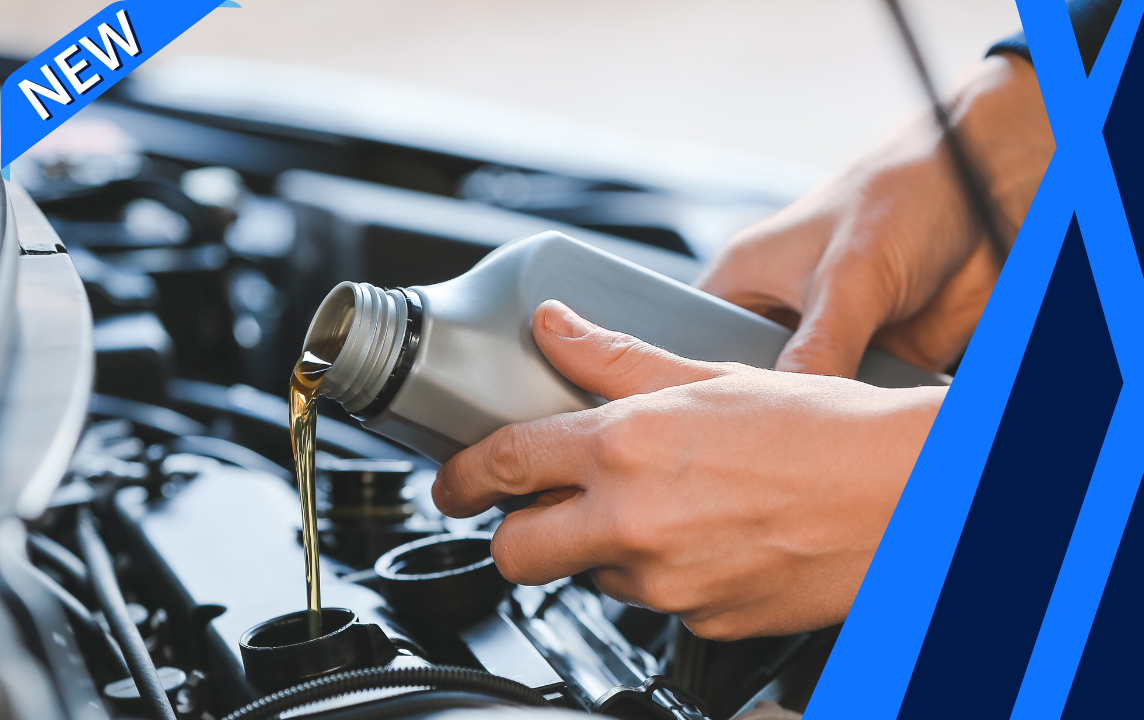Description
Brake System Flush
What is a brake system flush all about?
Brake fluid is essential for the operation of a car’s brakes. When you push the brake pedal, the brake fluid causes the brake pads to press against the rotors, making the car slow down and stop. Over time, the brake fluid absorbs air, moisture, sludge and other contaminants and gets contaminated. Air in the brake fluid causes braking to feel spongy and significantly reduces braking efficiency. A brake system flush includes removing the existing fluid and moisture out of the system and replacing it with new, clean, fluid. A brake fluid flush ensures proper brake system performance and increases the lifespan of your brake system components.
Keep in mind:
A mobile mechanic will use a hand-held vacuum pump and/or atmospheric pressure to remove the fluid. While it is not as powerful as a pressure bleeder, this is an industry approved method of bleeding your brakes. It gets the job done and provides the convenience of a mechanic coming to you.
How it’s done:
- Remove contaminated brake fluid
- Add new brake fluid
- Bleed the brakes
- Clean any surfaces where brake fluid has spilt during the bleeding process
- Check for fluid leaks
- Inspect brake pads, rotors and hoses
- Test drive car
Our recommendation:
Please follow the manufacturer’s maintenance schedule and guidelines regarding fluid maintenance. It is a good practice to change brake fluid every 40 000 kilometres or 36 months. Always use a fluid recommended by your vehicle’s manufacturer (do not use silicone-based brake fluids if your car needs regular brake fluid).
What common symptoms indicate you may need a brake system flush?
- Brake fluid appears black or brown indicating contamination
- The brake pedal feels spongy
- Diminished brake system performance
How important is this service?
If you do not regularly flush your brake system, it will end up costing you more money down the road. As the fluid becomes contaminated, it will eventually cause brake system components to fail and leak. This will also lead to diminished brake system performance, causing a safety concern.




